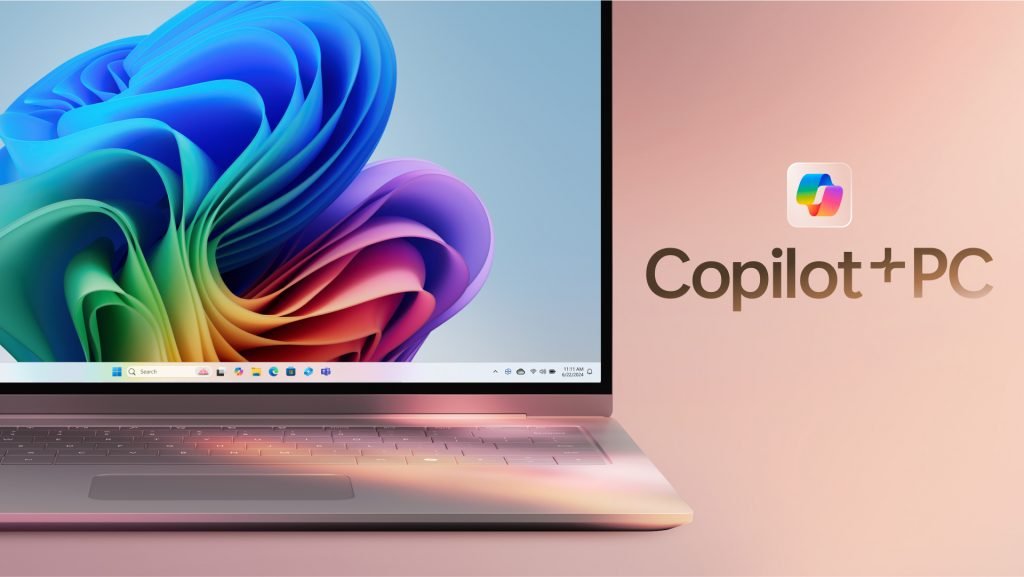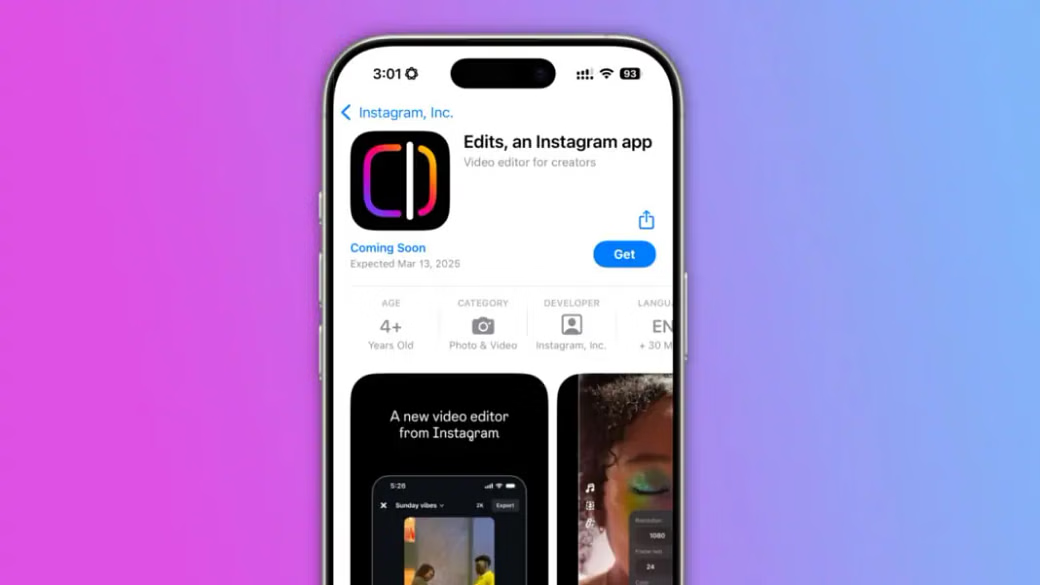Meta Al
Trapit Bansal Joins Meta’s Superintelligence Lab with ₹800 Crore Bonus — And No, He’s Not from IIT Bombay or IIM
Former OpenAI researcher Trapit Bansal, known for his work on reasoning models like “o1,” has joined Meta’s elite AGI unit with one of the biggest signing bonuses in tech history.

In a headline-grabbing development that’s sending ripples across the global AI research landscape, Trapit Bansal, an Indian-origin AI expert with roots in Gurugram, has officially joined Meta’s Superintelligence Labs—and his rumored joining package? A jaw-dropping ₹800 crore (approximately $96 million) in stock and incentives.
Yes, you read that right.
While tech titans like Google, Microsoft, and OpenAI have long dominated the AI race, Meta’s recent hiring spree is shaking up the leaderboard. And with Bansal on board, their ambitions just got a serious upgrade.
Not from IIT Bombay, Not from IIM — But a Brain from IIT Kanpur
Bansal’s story defies every stereotype of Indian tech success. He’s not from IIT Bombay, IIM Ahmedabad, or NIT Trichy. Instead, he graduated in Mathematics and Statistics from IIT Kanpur, followed by a Master’s and PhD in Computer Science from the University of Massachusetts Amherst.
Before that? He was crunching numbers at Accenture in Gurugram in 2012—proof that brilliance can come from any corner if nurtured with the right vision.
From OpenAI to Meta: A High-Stakes Leap
At OpenAI, Bansal served as a Member of Technical Staff, where he worked closely with co-founder Ilya Sutskever. His most notable contribution? A reasoning-focused internal model codenamed “o1,” believed to have played a significant role in enhancing the logical reasoning capabilities of systems like ChatGPT.
“He’s a highly influential researcher,” noted TechCrunch in an earlier profile, calling Bansal’s approach “brilliantly mathematical and pragmatically futuristic.”
Now, Bansal is taking that genius to Meta, where he’s set to work under a powerful duo: Nat Friedman, former GitHub CEO, and Alexandr Wang, founder of Scale AI.
The ₹800 Crore Offer: More Than a Number
While the ₹800 crore ($96 million) package has lit up headlines, it’s not just about the money. Bansal’s deal—rumored to be spread across stock-based compensation, performance incentives, and unrestricted access to Meta’s AI compute infrastructure—signals something deeper: Meta is all-in on Artificial General Intelligence (AGI).
Reports from Bloomberg and The Wall Street Journal suggest Meta has been quietly offering $100M to $300M to top AI minds. Bansal’s move follows similar hires like Lucas Beyer, Jack Rae, and Johan Schalkwyk, all of whom bring heavyweight AI experience from OpenAI, DeepMind, and Google.
OpenAI’s “Brain Drain”?
The departure of Trapit Bansal is being seen as a strategic loss for OpenAI, whose CEO Sam Altman recently expressed concern over Meta’s aggressive poaching tactics.
“They’re throwing around $100M bonuses like candy,” Altman reportedly told insiders. “It’s not about building AGI, it’s about buying it.”
Still, the momentum seems to be shifting—Meta, so far lacking an answer to GPT-4o or DeepMind’s Gemini, now appears to be stacking its bench with top-tier talent ready to fill that gap.
What’s Next for Trapit Bansal?
With filing patents, building high-reasoning agents, and possibly leading key AGI research, Bansal’s next chapter could shape the direction of global AI innovation.
In his own words, posted on Twitter/X after the announcement:
“From Gurugram to global labs — AI is a journey of curiosity, and I’m excited for what’s next.”
And for India’s AI dreamers? Bansal’s story is a powerful reminder: you don’t need a flashy tag, just a relentless mind.
AI NEWS
Microsoft’s AI Co-pilot Sparks Backlash as Users Seek Ways to Opt Out
Subscription Price Hike and Limited AI Credits Leave Microsoft 365 Users Frustrated

Microsoft’s recent integration of its AI assistant, Copilot, into Microsoft 365 Personal and Family plans has ignited a wave of discontent among users. The tech giant’s move, which includes a price increase and limited AI usage credits, has left many subscribers feeling blindsided and seeking ways to revert to their previous plans.
The Unwelcome Surprise
Without prior consent, Copilot has been embedded into Microsoft 365 applications such as Word, Excel, PowerPoint, Outlook, and OneNote. While AI integration promises enhanced productivity, many users are questioning the value, especially when accompanied by a price hike. The Personal plan now costs $99.99 annually, up from $69.99, and the Family plan has increased to $129.99 from $99.99.
Limited AI Access
Subscribers are allocated 60 AI credits per month, with each Copilot action consuming one credit. Once exhausted, users must wait until the next month or upgrade to the $20/month Copilot Pro plan for unlimited access. Notably, in Family plans, only the primary account holder receives these credits, leaving other members without access. pureinfotech.comcomputerworld.com
Opting Out: A Complex Process
For those wishing to remove Copilot and avoid the price increase, Microsoft offers a limited-time option to switch to “Personal Classic” or “Family Classic” plans. However, this process isn’t straightforward. Users must initiate a cancellation of their current subscription, during which they are presented with the option to downgrade. This approach has been criticized for its lack of transparency and user-friendliness.howtogeek.com
Disabling Copilot in Applications
Users can disable Copilot within individual applications:
- Windows: Go to File > Options > Copilot, and uncheck “Enable Copilot.”
- Mac: Navigate to Preferences > Authoring and Proofing Tools > Copilot, and uncheck “Enable Copilot.”support.microsoft.com
It’s important to note that this must be done separately for each application and device.
User Backlash
The integration of Copilot and the associated costs have led to significant user dissatisfaction. Many feel that Microsoft is imposing features without adequate communication or consideration for user needs. The limited AI credits and the complexity of opting out have further fueled frustration.theverge.com+6borncity.com+6pureinfotech.com+6
Conclusion
Microsoft’s strategy to embed Copilot into its 365 suite has been met with resistance. While AI integration can offer benefits, the approach taken—marked by price increases, limited access, and complicated opt-out procedures—has left many users feeling undervalued. As the company navigates this transition, it may need to reconsider its methods to maintain user trust and satisfaction.
Meta Al
Meta Launches Free CapCut Alternative and It Might Just Win Over Creators
Edits, Meta’s new mobile-only video app, brings powerful short-form video tools for creators without the subscription fees

In a quiet but strategic move, Meta has officially entered the short-form video editing battlefield with the launch of Edits — a sleek new app that’s being positioned as a direct rival to ByteDance’s massively popular CapCut. And if you’re an Instagram creator or content enthusiast, this is one app you’ll want to pay close attention to.
Unlike CapCut, which is tied to TikTok, Edits directly integrates with Instagram, allowing creators to log in and begin editing within seconds. With no need for a paid subscription — at least for now — Edits is free to download on both iOS and Android, and it’s already turning heads among influencers and reel-makers alike.
Once inside the app, users are met with five main tabs:
- Ideas: Save video concepts and collect trending reels for inspiration.
- Inspiration: Discover popular audio tracks and viral content.
- Projects: Store works-in-progress and upload videos directly from your phone.
- Record: Film right within the app, no switching needed.
- Insights: Get a snapshot of your content’s performance with key metrics like views and reach.
Where Edits really shines is in its intuitive video-editing tools, some of which rival even the paid features of CapCut. Creators can fine-tune their timelines, auto-generate captions in multiple languages, and tap into Instagram’s music library to enhance their clips. Standout features include:
- AI-powered animations to turn images into motion.
- Cutout tool with precision tracking.
- Beat markers that sync visuals with music automatically.
- Apply all filters and transitions across clips with one tap.
- Frame rate selector for smoother playback and custom visual styles.
And yes, there are 30+ filters and transitions ready to use, offering plenty of creative flexibility.
While CapCut currently offers a broader set of AI tools and an extensive music library, some of its best features sit behind a paywall. By contrast, Edits remains fully free — for now. According to Instagram head Adam Mosseri, premium features may roll out later, but Meta is clearly playing the long game: win users now, monetize later.
The only caveat? Edits is currently mobile-only, whereas CapCut is also available via desktop. But as Meta continues expanding the app’s features, a web version could be on the horizon.
With TikTok’s future in the U.S. still unclear due to political pressure, Meta’s timely launch of Edits isn’t just smart — it’s potentially game-changing. If CapCut ever faces another disruption in the U.S. market, Meta’s Edits could be the app creators turn to next.
-

 Entertainment1 week ago
Entertainment1 week agoHe-Man Wears a Suit Now… Nicholas Galitzine’s ‘Masters of the Universe’ Trailer Drops a Shock Fans Didn’t See Coming
-

 Entertainment1 week ago
Entertainment1 week agoBrazil Eyes Oscar History Again… ‘The Secret Agent’ Scores Best Picture Nomination as Wagner Moura Stuns Hollywood
-

 Entertainment5 days ago
Entertainment5 days ago“Comedy Needs Courage Again…”: Judd Apatow Opens Up on Mel Brooks, Talking to Rob Reiner, and Why Studio Laughs Have Vanished
-

 Entertainment1 week ago
Entertainment1 week agoOscars Go Global in a Big Way as This Year’s Nominations Signal a New Era: ‘The Academy Is Finally Looking Beyond Hollywood…’
-

 Entertainment1 week ago
Entertainment1 week ago“Dangerously Kinky… and Darkly Funny”: Olivia Wilde and Cooper Hoffman Push Boundaries in ‘I Want Your Sex’
-

 Sports1 week ago
Sports1 week agoA Strong Night for Caleb Williams Ends With Doubts About the Bears’ Late Decisions
-

 Crime5 days ago
Crime5 days agoMan Accused in Tupac Shakur Killing Asks Judge to Exclude Critical Evidence
-

 Politics1 week ago
Politics1 week agoWhy Bari Weiss Says Pulling a ‘60 Minutes’ Story Was the Right Call — Even If It Looked Radical

























